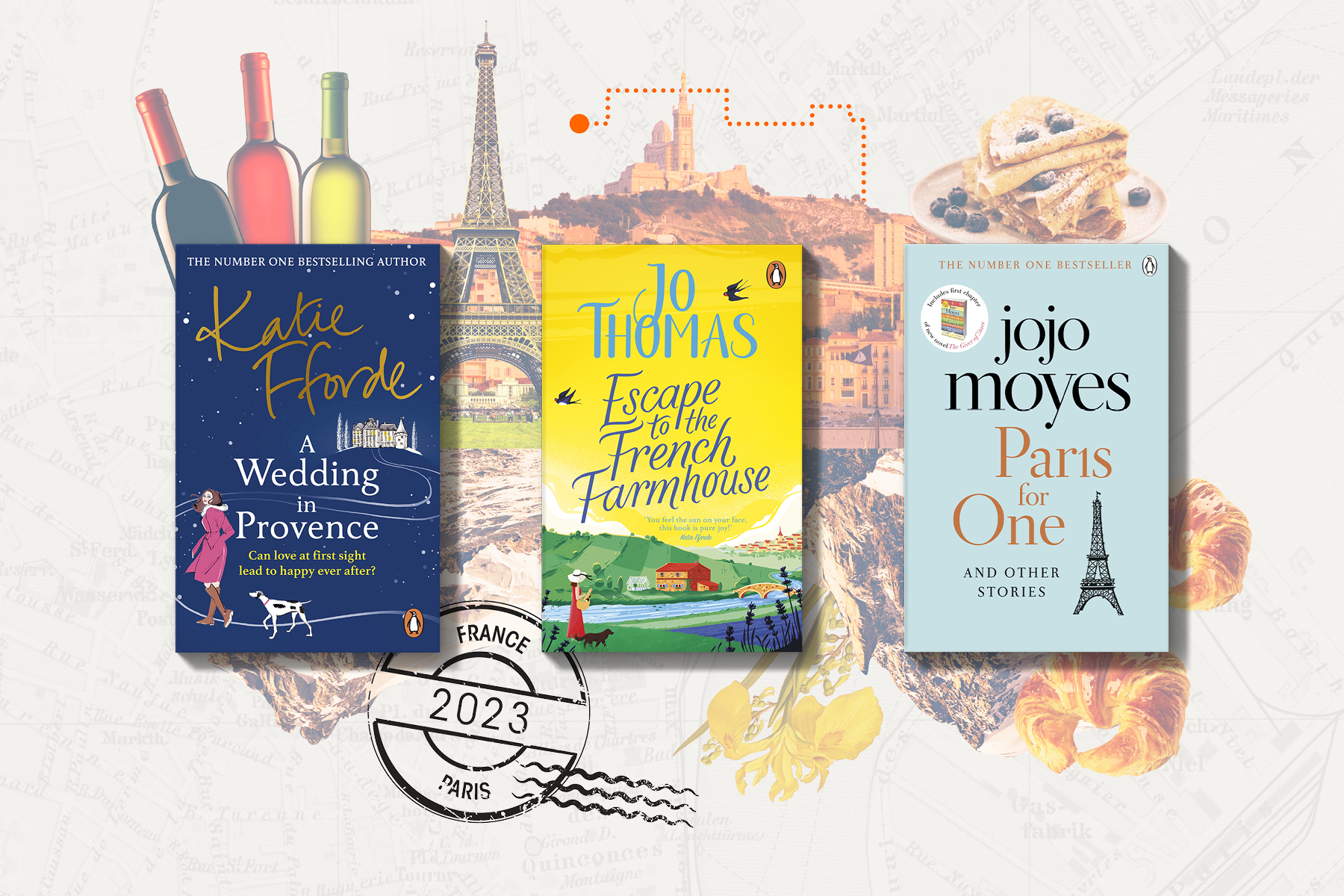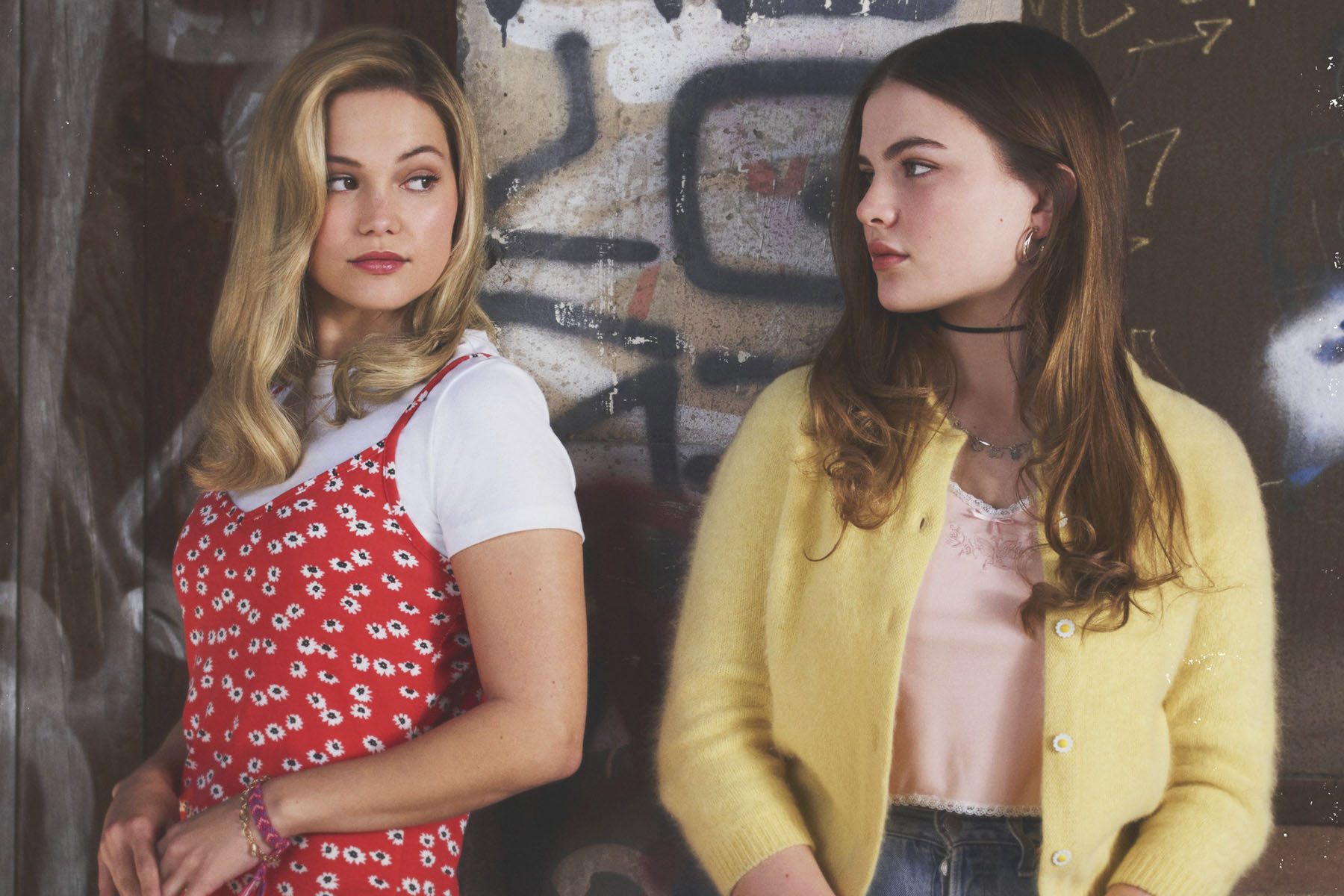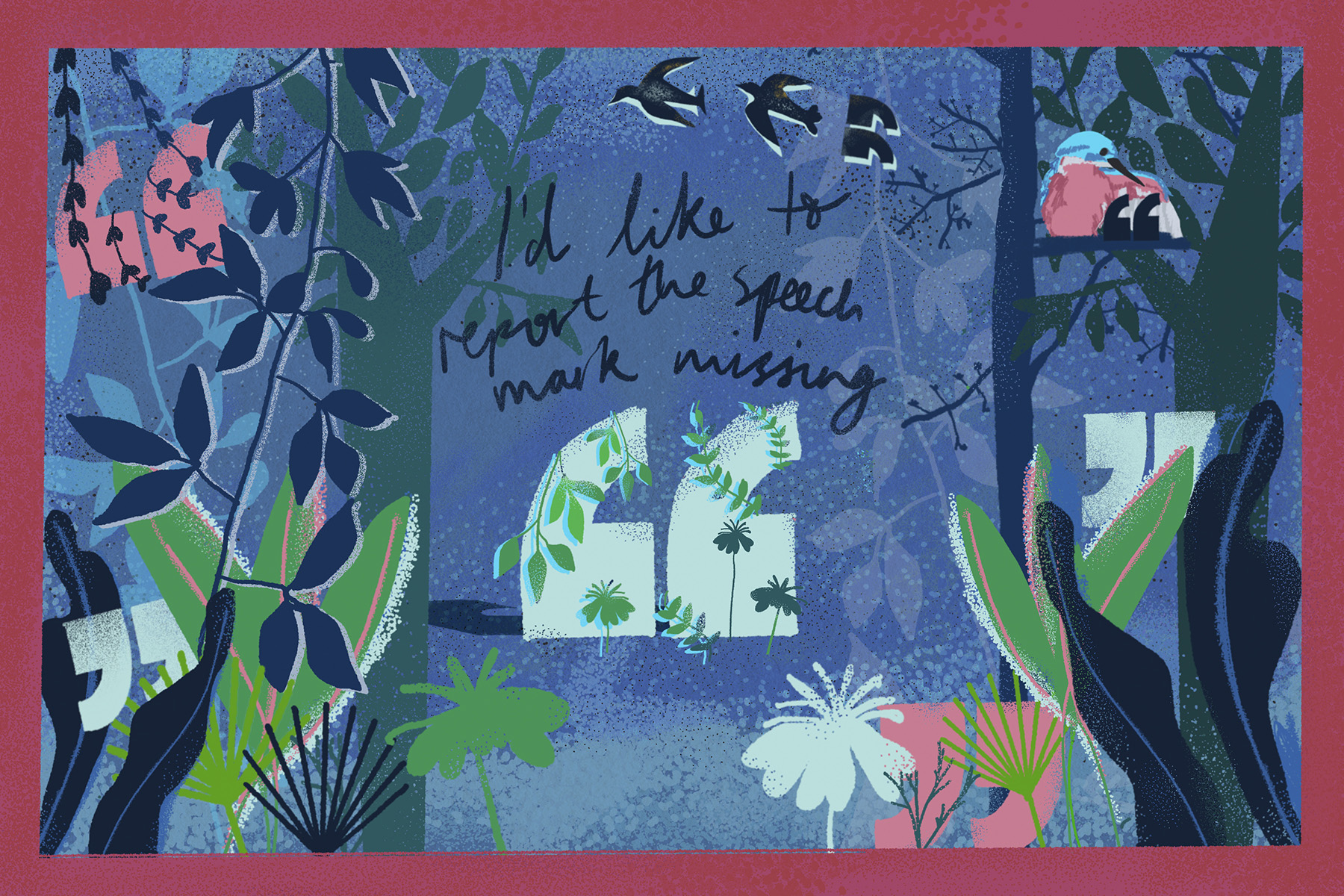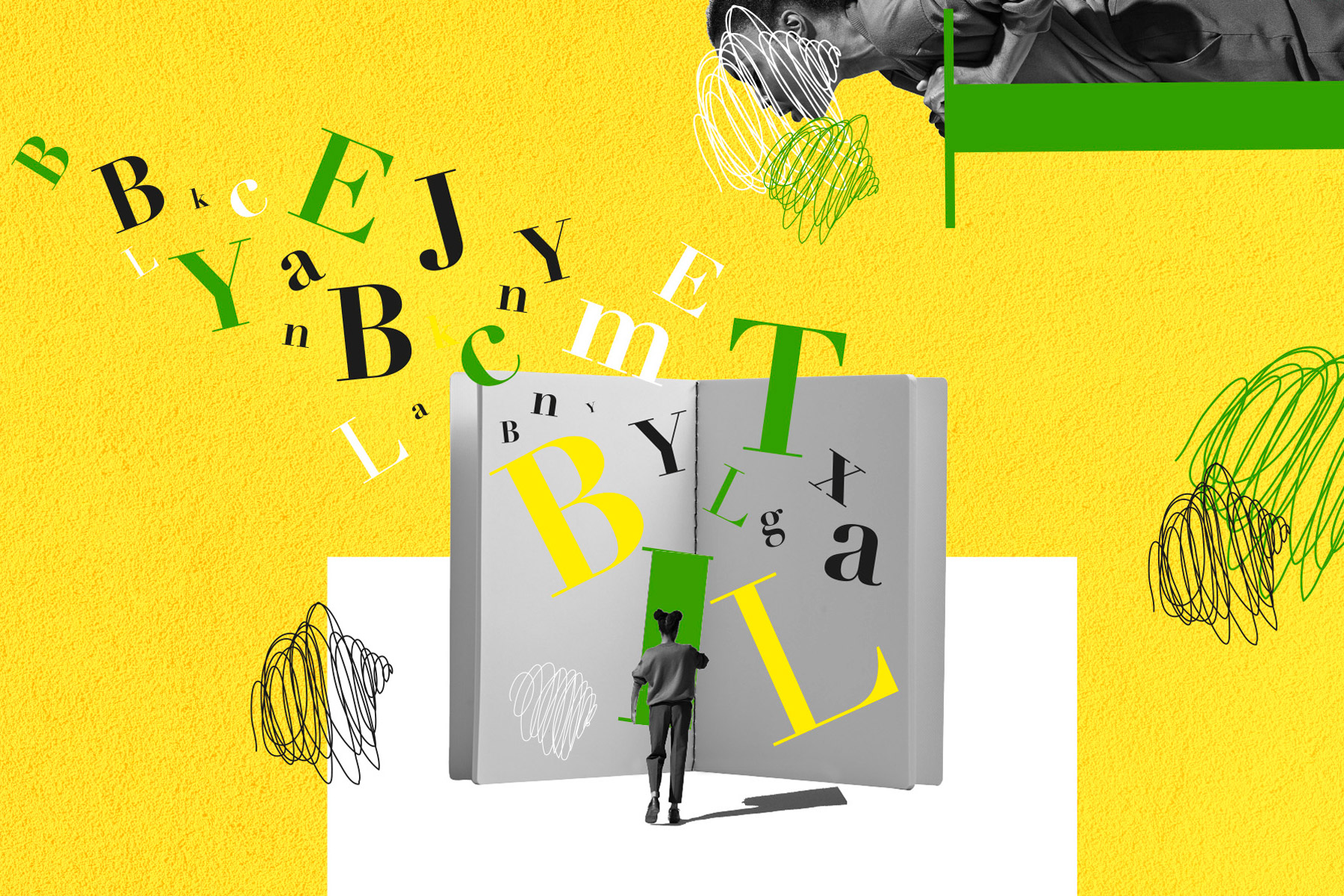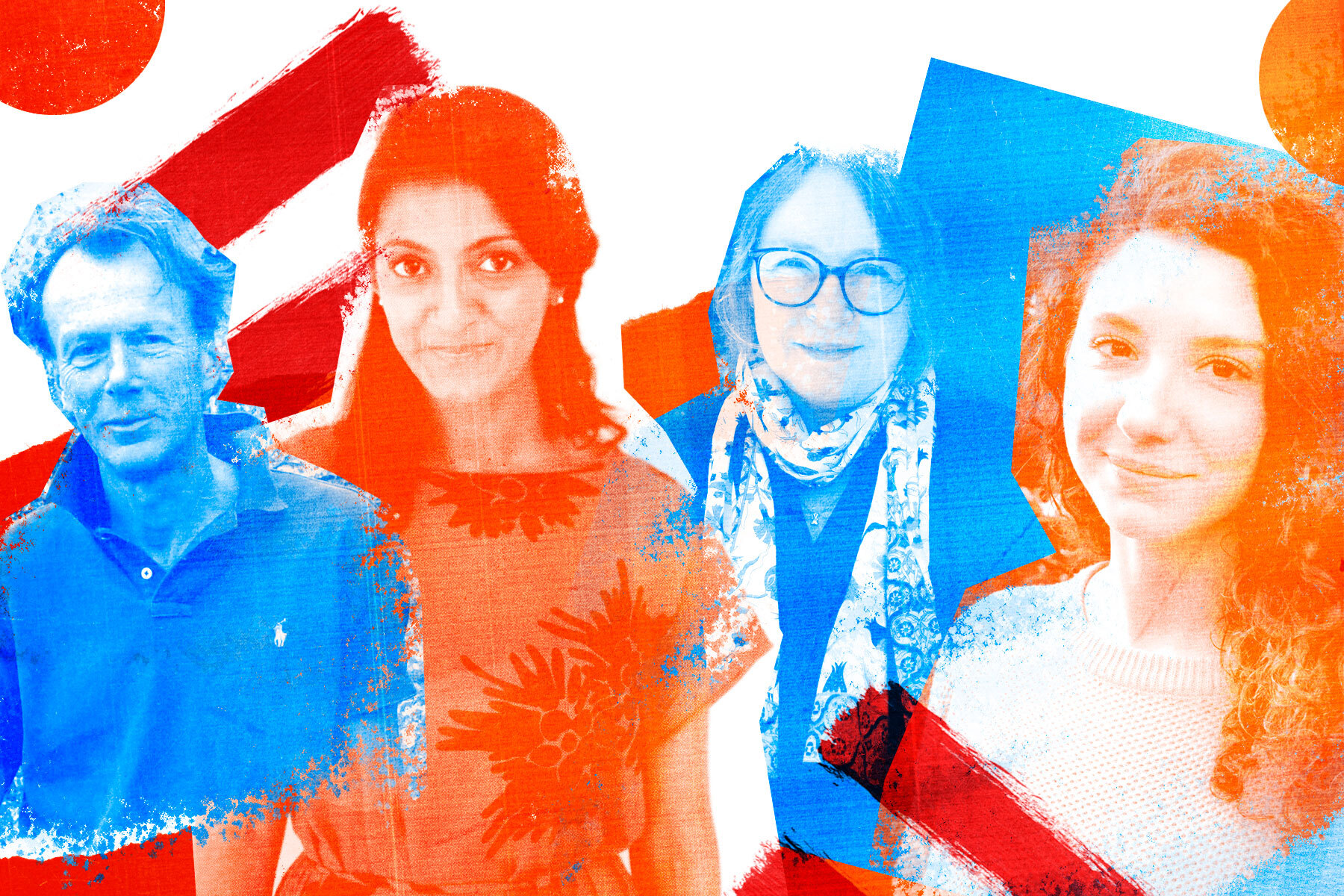Sophie Mackintosh
Praise for Cursed Bread
A shimmering fever-dream of a novel, teasing the reader [..] while finding a fresh narrative framework for the relationship between monotonous small-town life and repressed female desire. Cursed Bread
Telegraph
A quietly rich maturation of Mackintosh's skill... This is a book about the power desire and greed exert over reality and memory... Mackintosh has entered a brilliant new stage of writing
Guardian
Nimble, terrifying... Mackintosh is a wonderful prose stylist and she uses many of the resources that served her well in her Booker prize-nominated debut, The Water Cure: the slow unravelling of sanity ...
The Times
A shimmering fever-dream of a novel, teasing the reader [..] while finding a fresh narrative framework for the relationship between monotonous small-town life and repressed female desire. Cursed Bread
Telegraph
A quietly rich maturation of Mackintosh's skill... This is a book about the power desire and greed exert over reality and memory... Mackintosh has entered a brilliant new stage of writing
Guardian
Nimble, terrifying... Mackintosh is a wonderful prose stylist and she uses many of the resources that served her well in her Booker prize-nominated debut, The Water Cure: the slow unravelling of sanity ...
The Times
A shimmering fever-dream of a novel, teasing the reader [..] while finding a fresh narrative framework for the relationship between monotonous small-town life and repressed female desire. Cursed Bread
Telegraph
A quietly rich maturation of Mackintosh's skill... This is a book about the power desire and greed exert over reality and memory... Mackintosh has entered a brilliant new stage of writing
Guardian
Nimble, terrifying... Mackintosh is a wonderful prose stylist and she uses many of the resources that served her well in her Booker prize-nominated debut, The Water Cure: the slow unravelling of sanity ...
The Times
